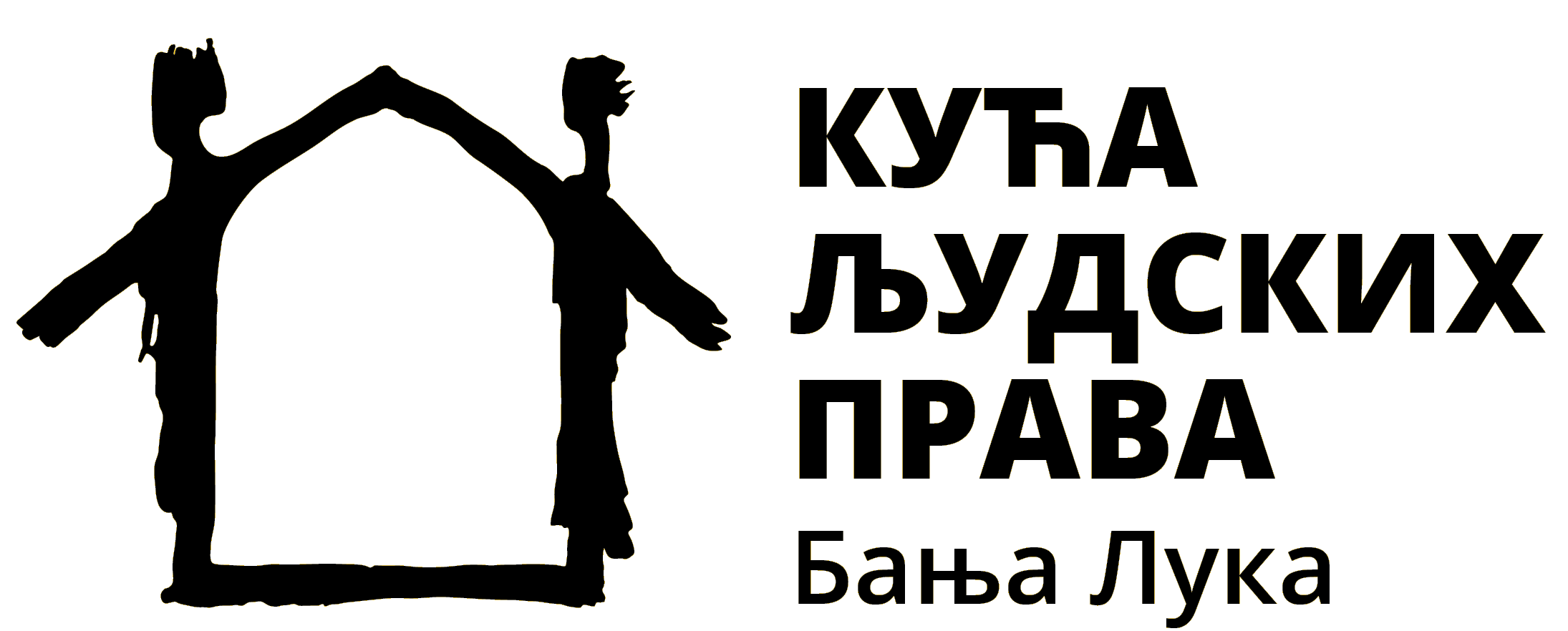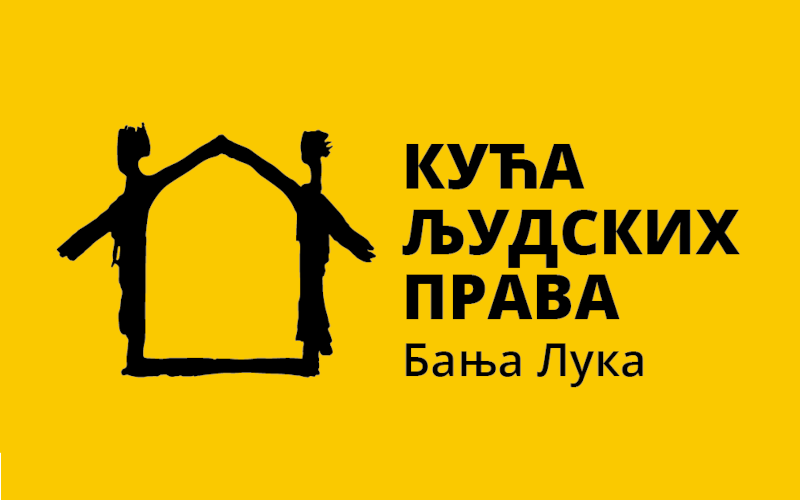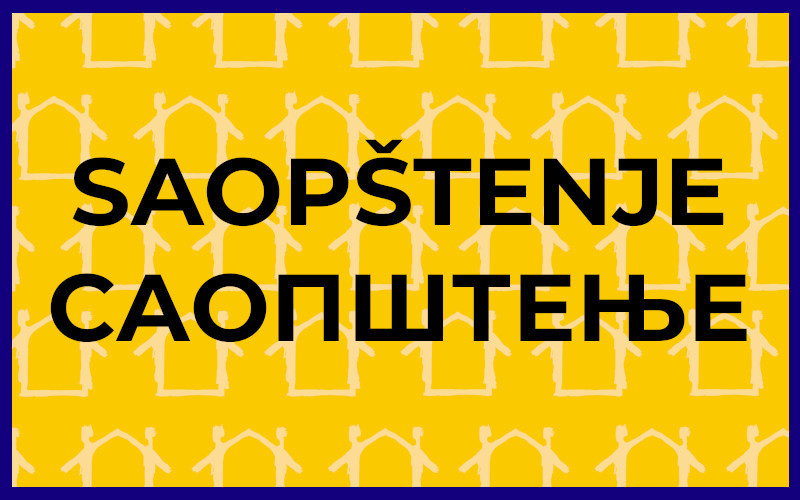Manual for Lawyers and Associates* in Legal Issues in the Field of Gender-Based Discrimination in the Field of Labour in Bosnia and Herzegovina (hereinafter: the Manual) should serve as a guide for everyone who is interested in how they can legally protect rights in the field of gender-based discrimination in Bosnia and Herzegovina (hereinafter: BiH), be they lawyers who work in centers for providing free legal aid, lawyers, activists in human rights organizations, women fighters for gender equality, members of organizations engaged in various activities that concern anti-discrimination regulations, groups focused on gender equality, public officials or just interested citizens.
In this Manual, there will not be too many words about theoretical issues related to gender-based discrimination, because the focus will be on the protection of specific rights at the international and especially the domestic level in BiH. All information and examples in this book are informative and not legally binding. Legally binding acts are only and exclusively regulations published in official gazettes within local self-government bodies, cantons, entities and the state. We recommend that, in case of any doubts, you look at the same or that you seek the necessary information from the competent authorities. The systematics of this Manual follows the curriculum developed by the authors for the needs of Specialized Educational Trainings for providers of free legal aid on the topic of gender-based discrimination on the labor market in BiH, which was ordered and implemented by the Helsinki Citizens’ Assembly Banja Luka during 2022 and 2023. These trainings are designed as a specialized course for practicing lawyers within which three modules are held, namely: Module I – General legal framework related to gender-based discrimination at work; Module II – Domestic protection mechanisms and standards related to gender-based discrimination at work; Module III – International protection mechanisms and standards related to gender-based discrimination at work.
The first part of the Manual, entitled “General Legal Framework”, provides an overview of international and domestic regulations related to human rights and the prohibition of discrimination in general, as well as in relation to sex and gender. It analyzes international instruments adopted by the United Nations (hereinafter: UN), the Council of Europe, the International Labor Organization (hereinafter: ILO) and the European Union (hereinafter: EU; Union), as well as domestic constitutional and legal regulations at all levels.
The second part entitled “Protection Mechanisms in Domestic Law” talks about inspection, civil law, criminal law, constitutional law and special ways of fighting for equality (protection provided by the Institution of Ombudsmen Human Rights of BiH, gender centers, mediation, work and protection possibilities by parliamentary working bodies and protection through the ministries). It deals with basic information, the possibilities of starting proceedings, party identification, etc., within the framework of proceedings at all levels in BiH
In the third part, which is entitled “Protection Mechanisms in International Law”, the international legal protection mechanisms in case of discrimination are explained, through the European Court of Human Rights, UN and ILO bodies, as well as basic information, possibilities to initiate proceedings, party identification and alike within these procedures.
During the preparation of this Manual, the legal method was used, so that the subject of research was the legal framework of BiH, its entities, district, cantons and local self-government bodies, as well as international organizations through logical and linguistic connection and interpretation of norms and decisions. In addition to the normative method, the comparative-legal method was also used, as the regulations, practice and legal standards of several international organizations were analyzed. A multidisciplinary approach was used in the research, but with a strong reliance on law and legal standards.
Dejan Lučka wrote: Part I “General Legal Framework”; in Part II ” Protection Mechanisms in Domestic Law” Sections 3 and 4 “Criminal Proceedings” and “Constitutional Protection”, and in Section 5 “Special Forms of Protection” Subsection 5.4. “The Role of Parliaments” and 5.5. “The Role of Ministries”; in Part III “Protection Mechanisms in International Law” Section 1 “Proceeding before the European Court of Human Rights”.
Predrag Raosavljević wrote: in Part II ” Protection Mechanisms in Domestic Law” Sections 1 and 2 “Inspection Proceedings” and “Civil Proceedings”, and in Section 5 “Special Forms of Protection” Subsections 5.1. “Institution of Human Rights Ombudsman”, 5.2. “Gender Centers” and 5.3. “Mediation”; in Part III “Protection Mechanisms in International Law” Section 2 “CEDAW Mechanism”, Section 3 “MPESK Mechanism”, Section 4 “Universal Periodic Review – UPR” and Section 5 “Proceedings before the International Labor Organization” .
You can read the manual here.



